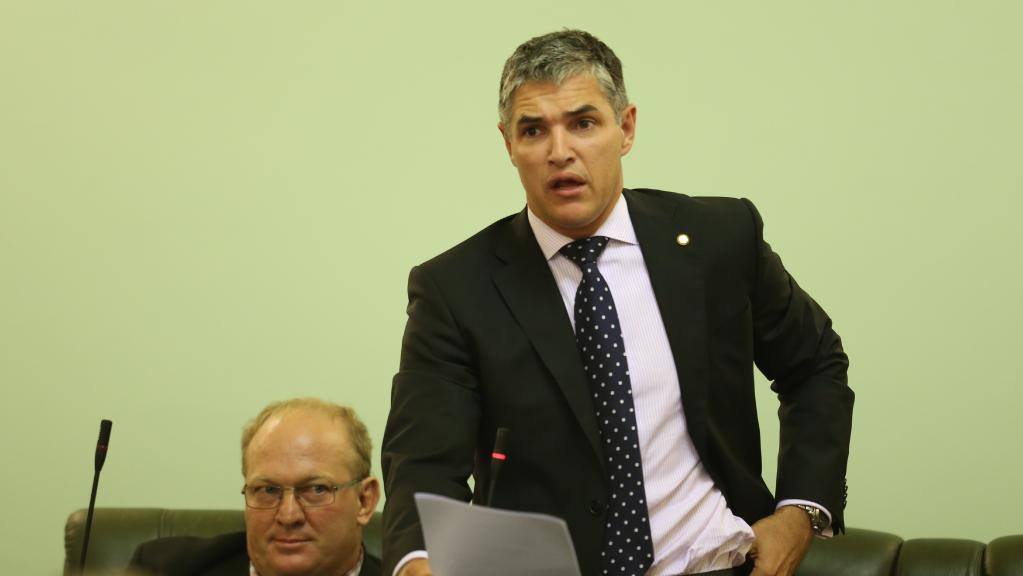
09 Jun Deeds not words needed to help First Australians
In what Katter’s Australian Party (KAP) Leader Robbie Katter said can only be described as hypocrisy of the highest order, thousands of First Australians remained in community-based lockdowns on the weekend as 30,000 people marched on their behalf in Brisbane.
First Australians in remote communities like Doomadgee, Palm Island and Kowanyama remain in quarantine under the federal Biosecurity Act 2015 until September due to the COVID-19 risks
Mr Katter said the situation poetically highlighted the disparity that remains between indigenous and non-indigenous Queenslanders in the 21st century.
“Black Lives do Matter, so what are we doing about it?” Mr Katter has asked governments of all levels.
“We believe in deeds and not words, and words can be cheap especially when they are not followed through with action.
“That’s why today we have called out the government to act with deeds for our First Australians to turn any support and good sentiment being shared around at the moment to be transformed into something meaningful that improves the quality of life and employment and health outcomes for indigenous community members.”
Today the KAP released its five-point policy for urgently addressing quality of life, employment and health outcome issues for Queensland’s indigenous people.
These are:
1. Addressing title deed issues in Aboriginal communities (at present people cannot own homes in places like Doomadgee)
2. Breaking down barriers for First Australians accessing work due to Blue Card system over-reach and other systemic issues
3. Immediately acting on youth crime across the state, by circuit breaking the current cycle and amending the Youth Justice Act where needed (including enacting Relocation Sentencing as an alternative option)
4. Moving to control the cost of food and groceries in indigenous communities (where goods are often double the cost of regional centres)
5. Analysing, acknowledging and addressing the failings of the state’s Alcohol Management Plans (AMP), which have in most instances negatively impacted local health outcomes and safety in these communities rather than improve them.
Mr Katter said there were infinitely more ways to improve the lives of First Australians than hosting a gathering of 30,000 in the middle of Brisbane during a global pandemic.
He said he was appalled that successive State Governments had refused to address systemic issues impacting indigenous Queenslanders.
Most recently, he said, he was disheartened that neither major party had backed nor suggested amendments for his Working with Children (Indigenous Communities) Amendment Bill 2018. This bill was solely designed to get indigenous people to access gainful employment and purpose.
Mr Katter said, following the events of the past weeks, the KAP was considering moving to suspend standing orders during next week’s Queensland Parliament sitting so his bill could be re-introduced.

Sorry, the comment form is closed at this time.